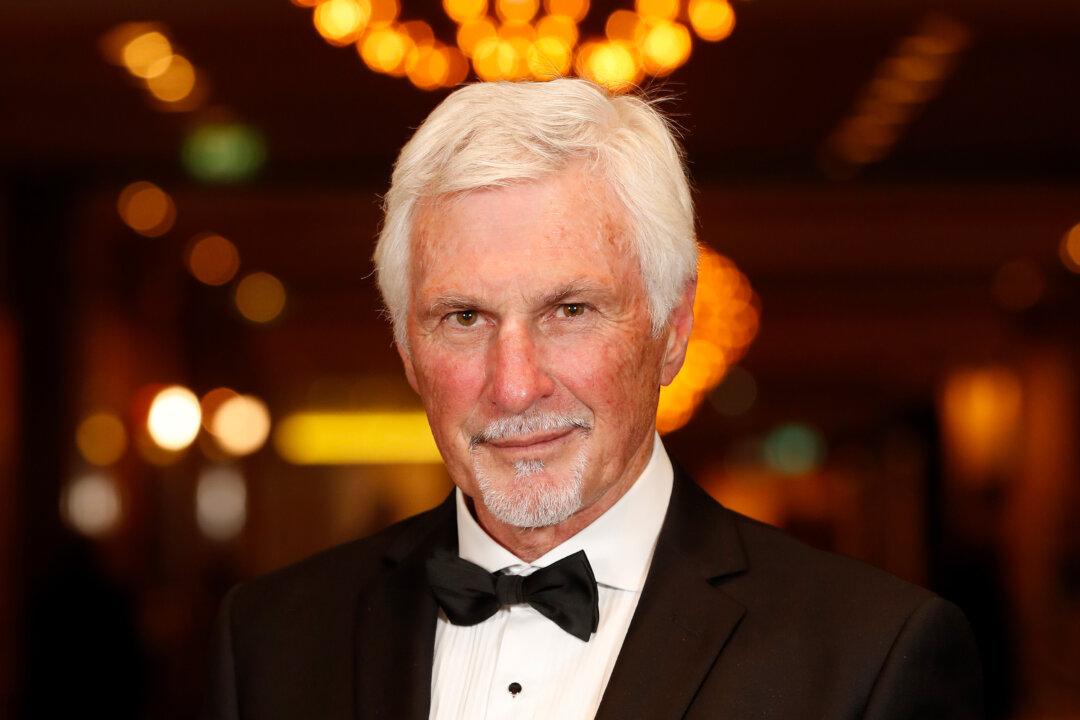Sporting legend Mick Malthouse has urged the Australian Football League (AFL) to abandon playing any future games in mainland China.
Malthouse, who has coached and played in the AFL since 1972, told The Herald Sun on May 5 that the Chinese regime was responsible for failing to contain the spread of the virus, and returning to China would be “the last thing” the sport should do.





